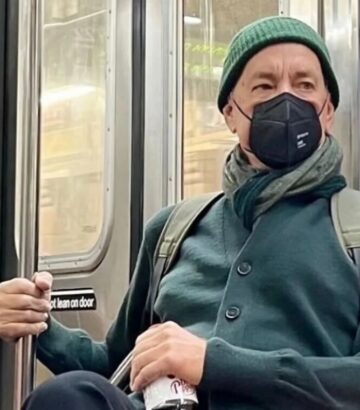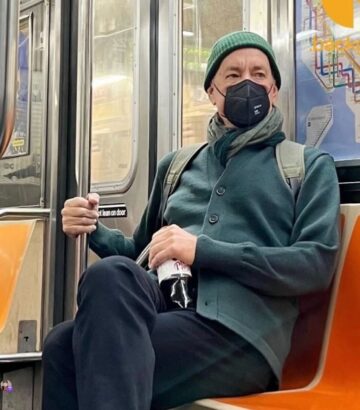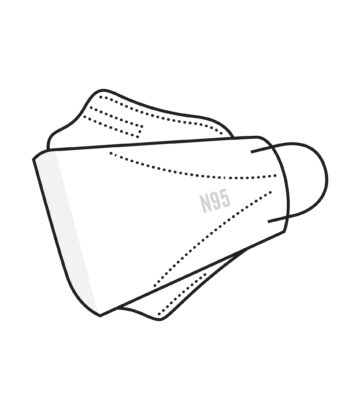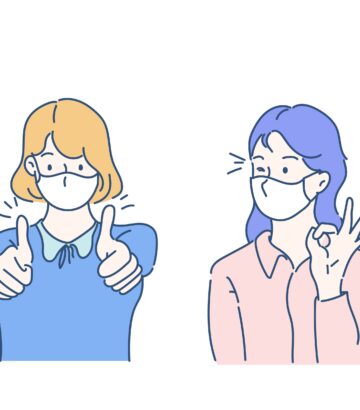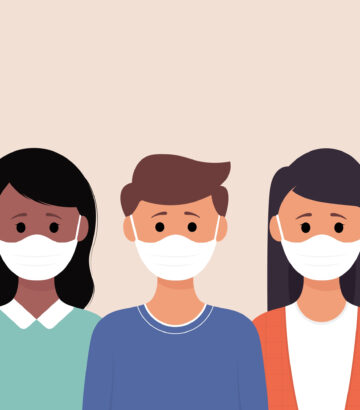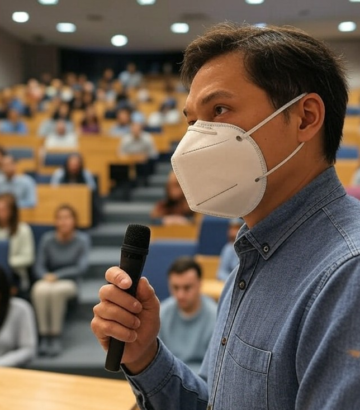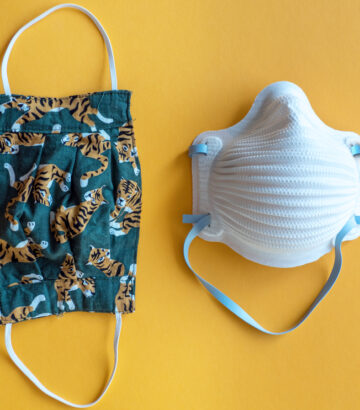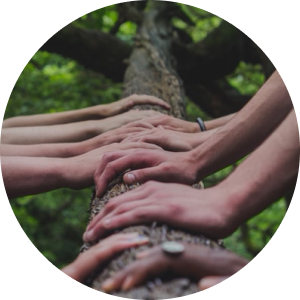Addressing NYC Mask Ban: Open Letter to the Governor of New York
July 3, 2024
Via email to: press.office@exec.ny.gov
ATTN: The Honorable Kathy Hochul
Governor of New York State
NYS State Capitol Building
Albany, NY 12224
Re: Discussions Surrounding Outlawing Masks in New York Subways
Dear Governor Hochul,
This letter is in response to your public statement concerning your consideration of banning masks on public transit in New York. We are opposed to this ban as it is an ineffective means of reducing crime and it unnecessarily puts the New York population at risk from airborne infectious diseases, particularly SARS-CoV-2, which is on the uptick in New York. Moreover, as New Yorkers had experienced last year, masks can also protect New Yorkers from pollutants, such as wildfire smoke.
The World Health Network (WHN) is an international organization of scientists, clinicians, lawyers, engineers, community advocates and members of other related disciplines, studying and monitoring the evolution of SARS-CoV-2, committed to reduce the global burden of illness resulting from this virus. We strive to support and guide individuals, organizations, governments and businesses to adopt measures that enable them to flourish despite the changed health landscape resulting from the continued presence of SARS-CoV-2.
We understand that your statement regarding outlawing masks stemmed from concerns surrounding violent acts committed recently in the New York subway, and we appreciate that preventing future violent acts remains a challenge.
However, we submit that enabling New Yorkers to wear masks on New York subways does not impede law enforcement in fulfilling its role in protecting the public. Facial recognition software can function despite the use of medical masks (surgical masks, respirators)[1]. Moreover, face masks are less effective than sunglasses at concealing an individual’s identity[2]. If an article of clothing were to be banned for this purpose, banning sunglasses on the subway could be more effective.
Most importantly, masks are an important means for New Yorkers to protect themselves from illness resulting from infectious disease, as well as to reduce the spread of infectious disease to others, as recommended by CDC. Covid-19 remains a threat to New Yorkers, presenting a dramatically higher lethality per infection over influenza [3]. The virus, which is transmitted through the air, is shown to be a vascular disease (a disease affecting the blood vessels), causing long term multisystem illnesses and disabilities that are more serious than those caused by the flu, as influenza’s effects are generally more limited to the airways. Those infected with SARS-CoV-2 are at a higher risk than those infected by the influenza virus for developing neurodegenerative disease, heart disease, strokes, diabetes, cognitive dysfunction, vision and hearing loss, and other adverse health outcomes, despite vaccination. Enabling New Yorkers to protect themselves and their neighbors from these harms will result in a healthier population. The corollary is that banning masks instead robs New Yorkers of an effective tool, in fact one of the only tools available at this time, to avoid illness from SARS-CoV-2, effectively excluding vulnerable citizens from being able to safely participate in public life. If you decide to ban masks, this will exacerbate the current landscape of public harassment that many are experiencing when they venture out in masks to protect their health. NYC subway trains and stations are known for sub-standard air quality and packed crowds. Your decision to ban masks will cause many to forcefully contract an infectious disease or otherwise worsen their health when that outcome could have readily been prevented by wearing a high-quality mask.
We recommend instead that you release an announcement promoting respirator masks (N95, KN95 & KF94) on public transport to reduce the community spread of illness, especially as we are currently facing a new summer wave of SARS-CoV-2.
We are aware that you might consider a bill with a health exemption, however, even a bill with a universal health exemption could subject people masking for health reasons to undue scrutiny from law enforcement and/or harassment by other members of the public. We note, for example, that a cancer patient in North Carolina was harassed and spat on after a bill prohibiting masking in public places passed, even though it contained a health exemption.[4]
Finally, outlawing masks on public transit will have an impact on New York tourism, as many will feel uncomfortable traveling to a city that has adopted legislation that prohibits its residents and visitors from protecting themselves from SARS-CoV-2. Many of our members are prominent professionals and scientists in their respective fields, and they would feel most uncomfortable supporting a city that exposes their residents to a dangerous airborne pathogen when taking public transport.
Therefore, we urge you not to outlaw masks on public transport, as we believe that this ban will have little effect in reducing crime in the city and will only result in a sicker, and thereby less productive, New York population. We believe that a course of action of this kind would be an unpopular one amongst New Yorkers, as already seen by the media backlash that you have only started to receive following your prior announcement.
We remain available to answer any questions that you may have regarding the present letter and SARS-CoV-2. Please contact us at relations@whn.global.
Respectfully yours,
The World Health Network
